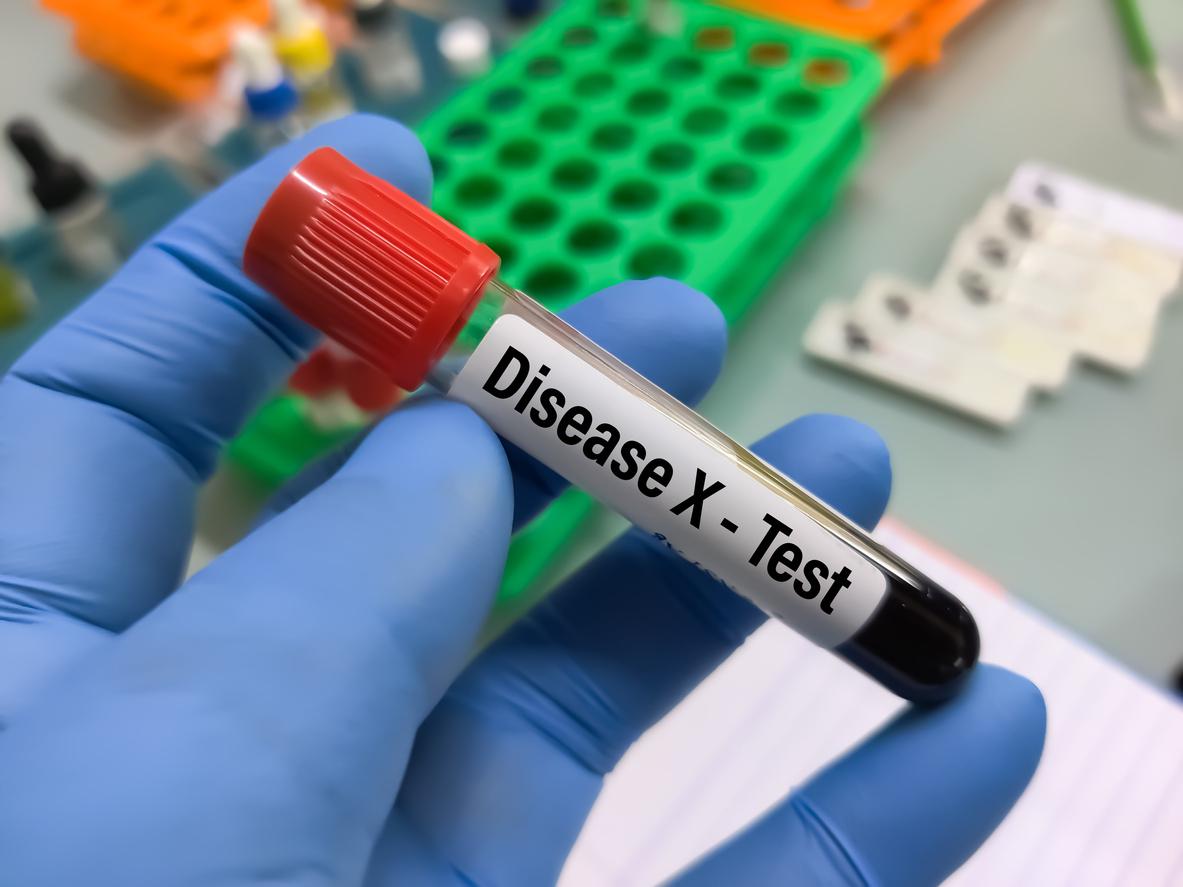An eyepiece remote control to help people with disabilities
This new device which simply responds to the movements of the eyelids is totally suitable for people with debilitating diseases such as Charcot’s disease.
“The muscles of people with ALS atrophy and are no longer capable of any movement, but in many cases, until the end, the eye (eyeball and eyelid) still moves,” recalls Emfasys, company designer of this device.
One blink to turn on the television, two to turn off the light. EyeSwitch is a cubic shaped remote control. It is fixed in front of the patient. First, it records and memorizes the language of the eye.
Then, in a second step, the patient only has to reproduce the movement to activate the remote control.
“This box is not an additional burden for the patient, since it is fixed remotely”, explains Emfasys.
“It is also usable in a dark environment thanks to a light invisible to the naked eye which automatically illuminates the face of the person,” adds the company.
The company has filed a patent to market EyeSwitch and hopes to develop boxes that can be controlled by mouth or fingers.
A rare disease with a fatal outcome
Thanks to Ice Bucket challenge, or the ice water bucket challenge, ALS or Charcot’s disease has become a little better known to the general public. This rare disease is characterized by the progressive degeneration and death of the motor neurons responsible for the functioning of the muscles, resulting in paralysis of the limbs. This fast-growing, almost always fatal neurological disease directly attacks the nerve cells (neurons) responsible for controlling voluntary muscles.
There is no cure for this disease. “In 90 to 95% of cases, Charcot’s disease manifests itself quite by chance, without there being any clearly associated risk factors. The patients do not have a family history of the disease and their family members are not considered to be at increased risk for developing this disease, ”recalls the Charcot disease association.
Each year in France, it is estimated that 800 new cases are discovered.
Do you have loved ones with Charcot’s disease? Talk about it on our forum.
















